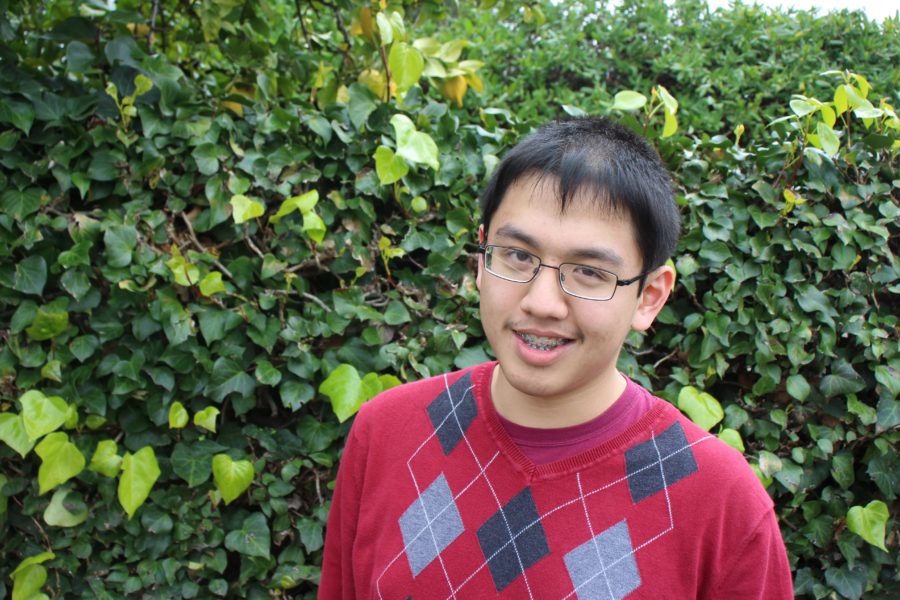Taking multiple Advanced Placement and Honors classes, participating in a variety of extracurriculars, and growing up in the hectic and fast-paced Bay Area, sophomore Christopher Harjadi is no stranger to overwhelming stress. This year, Harjadi decided to address this issue which affects 30 percent of teenagers.
He has spent the past few months alongside Denise Stewart, a Coursera mentor guide and researcher at Imperial College London, and Judith Gutlerner, a retired New Jersey high school teacher, developing an anti-stress course in the hopes of providing high school and college students with a variety of resources to alleviate stress.
Harjadi said the course will consist of an 11-month series of lessons, with one lesson per month that, focuses on a different method of preventing stress or anxiety. Students would have time to practice each of the strategies during the month-long period and afterward take a brief survey that will allow him to gauge whether students see a reduction in their stress levels, according to Harjadi.
At the start of his freshman year, Harjadi said he quickly noticed that extent to which stress affected the daily lives of high school students. He began researching the correlation between education and mental health to better understand scientifically proven strategies for reducing stress among students. One of the main things that sparked Harjadi’s interest in designing the curriculum was an article that he read in The Atlantic about Silicon Valley suicides.
“I feel that mental health and student stress is endemic to the Bay Area, and is an extremely relevant issue today,” Harjadi said.
In the process of developing his curriculum, Harjadi connected with Stewart and Gutlerner, the professors currently advising him on the project, over Coursera, an online platform that allows the public to access courses posted by various universities.
Gutlerner said Harjadi already had an outline for the course when the three of them began working together, but she and Stewart helped him generate specific strategies to prevent student stress.
“Chris wanted to make a difference that positively affected students by helping them deal with stress both in and outside of school,” Gutlerner said.
With his course, Harjadi said he hopes to make the college application process more sane for high school students and help underclassmen college students to easily adapt to heavy workloads.
“If students have a toolbox that helps them navigate through different ways to reduce stress that have been proven to be effective, they would be likely to use it, as long as it is easily accessible,” Harjadi said.
Gutlerner and Stewart continue to work alongside Harjadi in completing the 11-lesson course, and he believes that it will be finished by late March or early April and ready for distribution.
Harjadi said that the most significant benefit of reducing one’s stress is that it becomes easier to discover one’s passions. One of the 11 lessons focuses solely on the strategies for finding one’s interests and learning about ways to pursue them.
While Harjadi hopes to eventually post his course on Coursera or another digital learning platform, he said that the short-term goal is to reduce the stress levels of students at MVHS.
Once the course has been finalized, Harjadi plans to communicate with school administration and teachers to establish his curriculum as an elective course. According to Harjadi, designing this preventative stress curriculum has strengthened his passion for student wellness. He is considering studying psychology or psychiatry in college and said he hopes to continue to find strategic methods for alleviating stress for both high school and college students.
Correction: an earlier version of this article published in the February 14th print edition of the Oracle names Dr. Denise Pope as Christopher Harjadi’s mentor on the project. Dr. Pope worked with Harjadi early in the project but his primary mentors on the Coursera course were Denise Stewart and Judith Gutlerner.
































